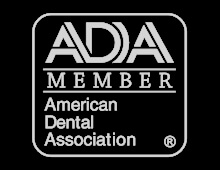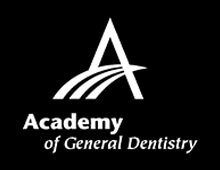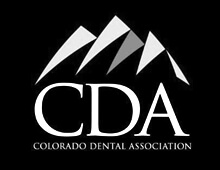What’s better than solving a problem? Avoiding it altogether in the first place. When you take proper care of your teeth and responsibly manage your oral health, the resulting benefits are multitudinous.
Dental health is important in and of itself, and it also impacts the overall health of your entire body. Furthermore, practicing preventive dentistry empowers patients to safeguard themselves from the potentially exorbitant costs of emergency and restorative dental care.
Practicing Preventive Dentistry
Fortunately, there are a number of well-established best practices that can help anyone improve and maintain a strong preventive care regimen. If you are serious about preventing uncomfortable and potentially dangerous dental issues, as well as avoiding costly and often invasive restorative dental procedures, you should:
Brush Your Teeth Daily
The most crucial, as well as obvious, component of preventive dentistry is to brush your teeth every single day, preferably with a fluoride toothpaste approved by the American Dental Association (ADA). The proper technique will also include brushing your tongue, which helps keep your breath fresh and mouth healthy by removing bacteria. It is important to remember to replace your toothbrush at least three to four times per year, or anytime the bristles visibly begin to fray.
Floss Your Teeth Daily
Flossing is not optional. A great dental flossing technique cleans out the tights spaces between your teeth, which are prone to capturing bits of food. Flossing is great for both healthy teeth and healthy gums. If you are unsure about the best way to floss, simply ask your dentist for a brief demonstration at your next dental appointment.
Eat A Balanced Diet
Patients are often surprised by just how much what you eat can have a direct impact on how healthy your teeth are. It is common knowledge that candy, soda, a similar sugary treats are bad for your “chompers,” but even simple carbohydrates (like white bread) can accelerate the deterioration of your oral health. A balanced diet, on the other hand, introduces a great assortment of necessary vitamins into your body. Vitamins are great for many aspects of your health, including your teeth. Additionally, drinking plenty of water throughout your day is a great healthy habit.
Schedule Regular Dentist Appointments
You want to catch dental health issues as early as possible. Sometimes, these conditions can be painless for quite some time before they rapidly worsen into a serious problem. Without regularly visiting your dentist, you may not catch a dental issue before it causes severe and/or lasting damage. Ideally, patients will schedule a check-up at least once every six months. You should visit your dentist more frequently if you are at a higher risk for dental problems. If you have dental insurance, many plans cover at least two preventive dental appointments annually. The dental cleanings and exams that occur on these regular trips can go a long way to preventing a small issue from snowballing into a disaster.
Why Preventive Dentistry Is Important
Preventive dentistry defends against the likelihood patients suffering from serious dental health issues down the road. With the proper dental care regimen and regular visits to your dentist, you can lessen the impact or altogether avoid problems like cavities, gingivitis, enamel loss, and periodontitis.
Although everyone benefits from preventive dentistry, it is especially crucial for children. Young patients who are still growing and developing their adult teeth deserve a strong foundation for good dental health that can last a lifetime. Oral health is closely related to the health of your body as a whole, given that the mouth is a breeding ground for harmful bacteria. A clean, healthy mouth is a great boon for your overall wellbeing.






